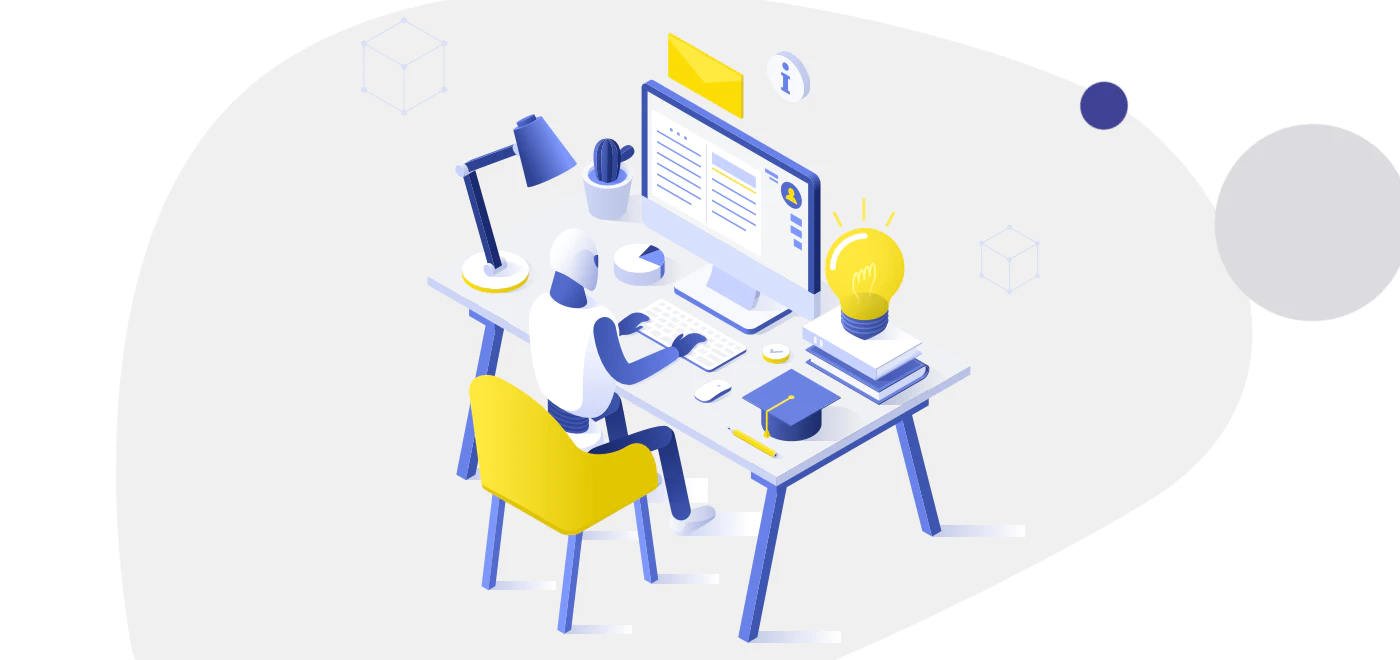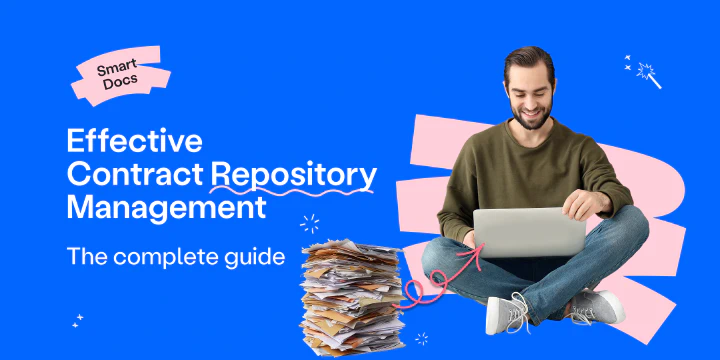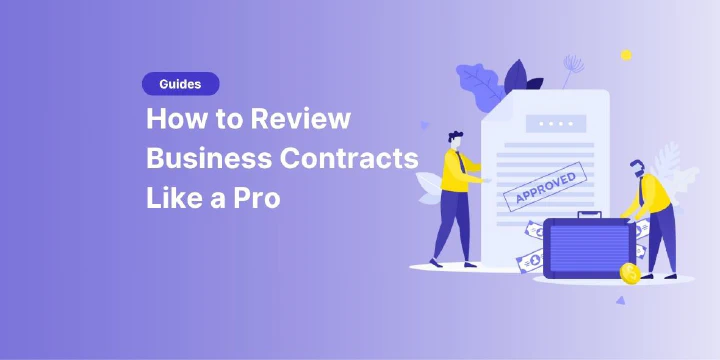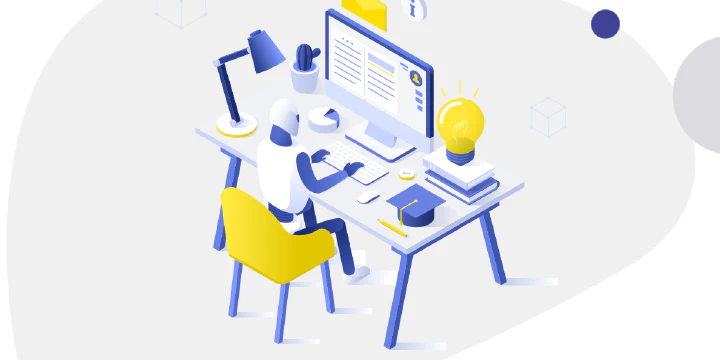Potential of Chat GPT in the legal industry
Chat GPT 3 and other artificial intelligence and natural language processing technologies are beginning to transform the legal industry. Despite fears of job displacement, it is important to recognize that these technologies cannot replace legal professionals, but are designed to help them do their jobs.

Overview of Chat GPT 3 and its impact on various industries
Chat GPT 3, or Generative Pre-trained Transformer 3, is a state-of-the-art speech processing AI developed by OpenAI. It is described as the most powerful language model to date, capable of generating human-like text, full code, and even original artwork.
In healthcare, Chat GPT 3 is used to analyze medical records and assist with diagnoses and treatment recommendations. In finance, it is used for tasks such as analyzing financial statements and predicting market trends. And in customer service, Chat GPT 3 is being used to develop chatbots that can handle simple queries and provide personalized responses to customers.
The potential applications of Chat GPT 3 are almost limitless, and it is clear that this technology has the potential to transform a wide range of industries. In the legal sector, Chat GPT 3 and other AI and speech processing technologies are beginning to take hold and change the way lawyers work.
The legal industry and its potential for change through AI and NLP
The legal industry has been slow to embrace new technologies in the past, but that is beginning to change. Artificial intelligence and natural language processing (NLP) are gradually making their way into the industry and beginning to change the way lawyers work.
One of the biggest challenges facing the legal industry is the increasing demand for legal services coupled with a limited supply of lawyers. This has led to a backlog of cases and long wait times for clients seeking legal assistance. AI and NLP technologies have the potential to alleviate some of this burden by automating routine tasks and providing basic legal information to clients.
AI and NLP technologies can not only increase efficiency and reduce workload, but also improve the quality of legal services. For example, chatbots and other AI tools can help with legal research and ensure it is comprehensive and up-to-date. AI-assisted document creation can also improve the accuracy and quality of legal documents.
Overall, it’s clear that AI and NLP have the potential to revolutionize the legal industry and improve the way lawyers work. As these technologies continue to advance, we can expect to see even more exciting developments in legal tech.
1. Chatbots in the legal industry
One of the main ways that artificial intelligence and natural language processing are entering the legal industry is through the use of chatbots. Chatbots are computer programs designed to simulate conversation with human users, and they have a number of potential applications in the legal field.
One of the main benefits of chatbots in the legal industry is their ability to assist clients 24/7. This is particularly useful for individuals who do not have the time or resources to visit a law firm during normal business hours. Chatbots can also help reduce the workload of lawyers, as they can handle many of the simple inquiries that would otherwise require the attention of an attorney. This allows lawyers to focus on more complex and time-sensitive tasks, increasing their overall efficiency and productivity.
There are a number of examples of the use of chatbots in the legal industry. For example, some law firms have implemented chatbots on their websites that can provide basic legal information to their clients and answer simple questions. Other firms have developed chatbots that can help with legal research or even create simple legal documents.
Overall, chatbots have the potential to significantly improve the way lawyers interact with their clients and complete routine tasks.
2. Document Creation with Chat GPT 3
One of the areas where Chat GPT 3 and other artificial intelligence technologies are having a significant impact on the legal industry is document creation. Legal document creation can be complex and time-consuming, but Chat GPT 3 can significantly streamline this process.
By using artificial intelligence to analyze existing legal documents and extract important information, lawyers can quickly create accurate and up-to-date documents. This not only saves time, but also ensures that the documents are of high quality, as the AI is able to identify and correct any errors or discrepancies.
Chat GPT 3 can also be used to create basic legal documents such as contracts and agreements from scratch. This is especially useful for small businesses or individuals who do not have the means to hire a lawyer to create basic documents.
Overall, the use of Chat GPT 3 and other AI technologies in document creation has the potential to significantly improve the efficiency and accuracy of legal work.
3. Legal Research with Chat GPT 3
In addition to document creation, Chat GPT 3 and other artificial intelligence technologies are also used in legal research. Legal research can be a tedious and time-consuming task, but with Chat GPT 3, lawyers can quickly and easily find relevant information and case law.
One of the main advantages of using Chat GPT 3 for legal research is its ability to analyze large amounts of data in a short amount of time. This not only saves time for legal professionals, but also ensures that the research is comprehensive, as the AI is able to identify and consider a wider range of information than a human researcher.
Chat GPT 3 can also help organize and present legal research, making it easier for lawyers to communicate their findings to clients or colleagues.
Overall, the use of Chat GPT 3 and other AI technologies in legal research has the potential to significantly improve the efficiency and scope of legal work. As these technologies continue to evolve, we can expect to see even more exciting developments in this area.
Concerns about job displacement
One potential concern related to the use of artificial intelligence and natural language processing in the legal industry is the risk of job displacement. As AI technologies become more advanced, there is concern that they will eventually be able to take over tasks that were previously handled by human lawyers.
However, it is important to note that AI technologies are not intended to replace human lawyers, but to assist them in their work. Lawyers will still be responsible for interpreting and applying the law, while AI technologies can take over many of the routine tasks that currently take up a lot of time. This will allow lawyers to focus on more challenging tasks and provide a higher level of service to their clients.
It is also worth noting that the adoption of AI technologies in the legal industry is still in its infancy, and it is unclear how these technologies will evolve in the future. It is possible that the use of AI will lead to the creation of new job descriptions and opportunities in the legal field.
While there are concerns about job displacement, it is important to recognize the potential benefits that AI technologies can bring to the legal profession. By assisting with routine tasks and allowing lawyers to focus on more challenging tasks, AI has the potential to improve the efficiency and effectiveness of the legal industry.
Summary
In conclusion, Chat GPT 3 and other artificial intelligence and natural language processing technologies have the potential to revolutionize the legal industry. Although there are concerns about job displacement, it is important to note that Chat GPT 3 and other AI technologies are not intended to replace lawyers, but rather to assist them in their work. Lawyers will continue to be responsible for interpreting and applying the law, while AI technologies can take over many of the routine tasks that currently take up their time.
As these technologies continue to develop, we can expect to see even more exciting developments in legal tech. The potential applications of Chat GPT 3 and other AI technologies are almost limitless, and it will be interesting to see how they continue to shape and change the legal industry in the coming years.
Please keep in mind that none of the content on our blog should be considered legal advice. We understand the complexities and nuances of legal matters, and as much as we strive to ensure our information is accurate and useful, it cannot replace the personalized advice of a qualified legal professional.

Table of contents
Want product news and updates? Sign up for our newsletter.
Other posts in Contract-Management

SaaS contract management explained for buyers and vendors
If you work in SaaS, you know how quickly contracts can pile up. Each one comes with its own terms, renewals, …

The Complete Guide to Effective Contract Repository Management
A contract repository is where every agreement your business depends on finally finds its place. No cluttered …

How to Review Business Contracts Like a Pro in 2026
When it comes to business contracts, what you don’t catch can hurt you. That’s why reviewing a business …
Contracts can be enjoyable. Get started with fynk today.
Companies using fynk's contract management software get work done faster than ever before. Ready to give valuable time back to your team?
Schedule demo


